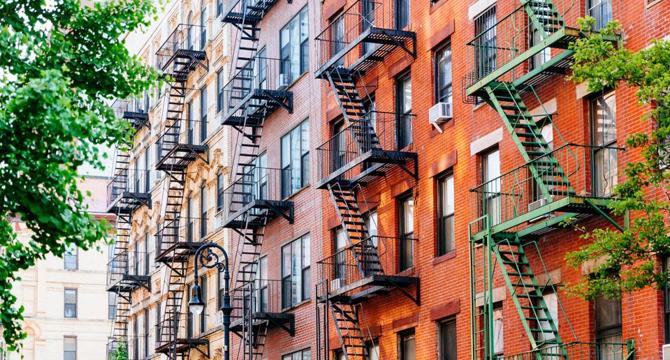Forbes
1M
121

Image Credit: Forbes
Today’s Mortgage Refinance Rates: June 6, 2025 – Rates Fall
- Today's mortgage refinance rates saw a decrease, with the 30-year fixed refinance rate dropping to 6.84% and the 15-year fixed-rate refinance mortgage average rate at 5.74%.
- The 20-year mortgage refinances average rate stands at 6.63%. The APR on a 30-year fixed-rate mortgage is 6.87%, while the APR on a 20-year fixed mortgage is 6.67%.
- For a 30-year fixed-rate mortgage of $100,000, the monthly payment for principal and interest would be around $655, totaling about $136,302 in interest costs over the life of the loan.
- The average interest rate on a 30-year fixed-rate jumbo mortgage refinance is 7.23%, while a 15-year fixed-rate jumbo mortgage refinance has an average rate of 6.38%.
- Refinance rates are typically slightly higher than purchase rates. Considering factors like closing costs, discount points, and loan terms is essential when deciding on a mortgage refinance.
- Having a strong credit score, managing debt-to-income ratio, monitoring market rates, and choosing shorter loan terms can help secure the best mortgage refinance rates.
- National average mortgage rates have hovered in the middle-to-high 6% range, with expectations for rates to remain stable or potentially lower in the second half of 2025 based on inflation and employment trends.
- Waiting to refinance later in the year may lead to lower rates, and improving credit scores and reducing loan balances can help secure better rates when considering mortgage refinancing.
- It's important to calculate the break-even point by dividing closing costs by monthly savings to determine the optimal time to refinance considering the cost and benefits of the new loan terms.
- Monitoring economic indicators and staying informed about the mortgage market trends can aid in making informed decisions about mortgage refinancing.
Read Full Article
7 Likes
For uninterrupted reading, download the app